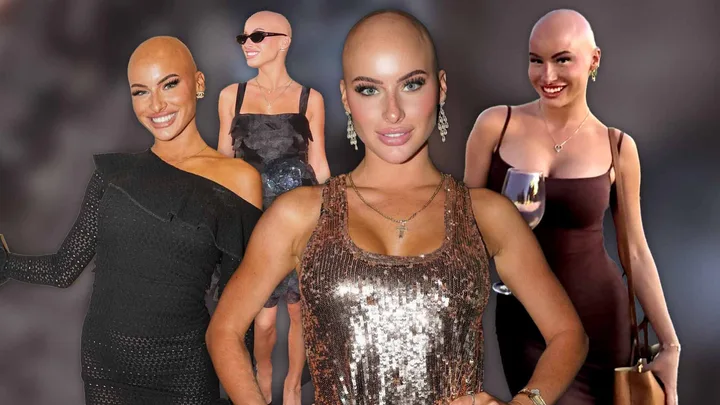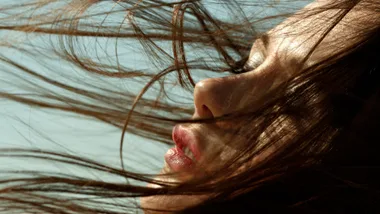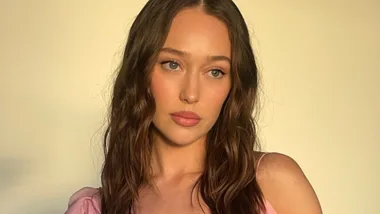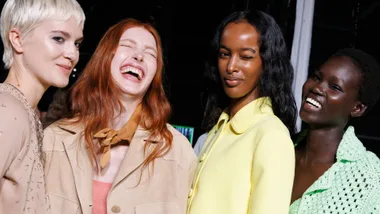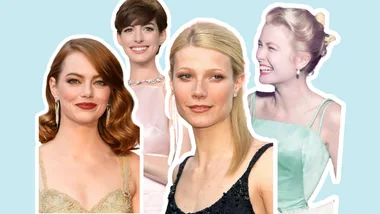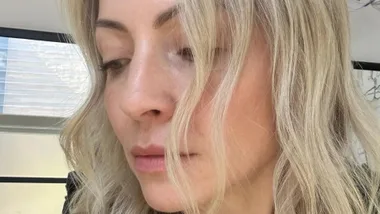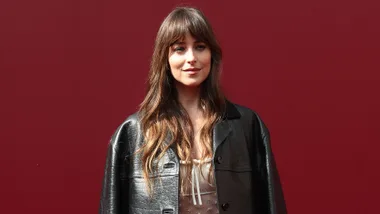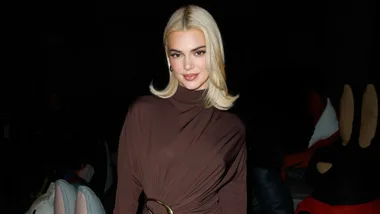Chloe Bean is an American influencer based in the state of Arizona, and uses her social media platforms advocate for alopecia sufferers. She uses her social media to destigmatise the autoimmune disease that she was diagnosed with when she was eight years old. Here she exclusively shares with marie clair Australia, in her own words ,what it was like to lose her hair for the third time.
Growing up, I always knew somebody had it worse than I did. I mean, I was just losing my hair. It wasn’t until high school that my hair loss really started to affect my self-esteem. That’s when the bullying began, and I almost ended up being homeschooled because of it.
When I first noticed my hair loss, I felt confused. I didn’t understand why it was happening, and even my parents weren’t sure. They initially thought I was pulling my hair out. As a child, I was always very compassionate because I knew my situation wasn’t the worst. To cope, I wore hats every day or thick headbands to hide the bald spots.
At first, I felt very attached to my hair and would try anything to stop it from falling out. I remember getting my first wig and customising it to look exactly like my hair before it fell out. I didn’t want anyone to know I was wearing a wig. Now, wigs and hair are like matching a purse to my outfit. It’s a way of expressing myself and embracing the fact that I can have any hair colour I want, whenever I want.

Losing my hair was a deeply personal and challenging experience. I had to deal with changes in my self-image, societal pressures, and I almost lost my sense of identity. For a while, I definitely felt like I lost my confidence, as hair is often seen as the centre of femininity.
” The turning point in my journey came when I went bald for the third time. It made me realise that I needed to stop fighting for something that wasn’t meant for me”
But in terms of confidence, it was when I started posting on social media that I truly felt empowered. I found people going through the same thing as me, and it made me realise how much I wanted to help others facing similar struggles.
From the start, my family has been my biggest support system. They did everything in their power to make me feel beautiful and confident, which I think helped me maintain faith and hope that things would eventually get better.
To others struggling with hair loss and self-esteem issues, I want to say: it’s okay. You don’t have to hide it. You don’t have to be ashamed. I know how hard it is to accept, but the moment you embrace your alopecia is the moment you take control of it, and that’s something beautiful. Remember, your worth extends far beyond your appearance!
Dealing with societal pressures and beauty standards that equate hair with femininity isn’t easy. I’ve learned to recognise that beauty is diverse and personal, and it isn’t confined to one specific look. Surrounding myself with supportive communities and individuals who value me for who I am has been crucial.
My self-care routines have been a big part of boosting my confidence. Joining support groups of people going through the same thing has helped tremendously. Daily mindfulness, regular exercise, journaling, and self-compassion practices have all contributed to building my confidence and maintaining a positive self-image.
My journey with hair loss has deeply influenced my approach to beauty and skincare products. It has helped me focus on what makes me feel confident and comfortable rather than adhering to traditional standards.
I vividly remember a moment that changed my perspective on self-esteem and hair loss. When my hair was falling out, I didn’t like what I saw in the mirror. Shaving off the rest seemed like the only option, but I couldn’t come to terms with it. So, I started looking up women with shaved heads on the internet. Seeing so many bald women confidently smiling with genuine happiness made me realise that self-esteem is deeply rooted in how we embrace and express our true selves. This experience shifted my perspective, teaching me that beauty and self-worth come from within and are defined by how we choose to celebrate our individuality rather than conforming to external expectations.
